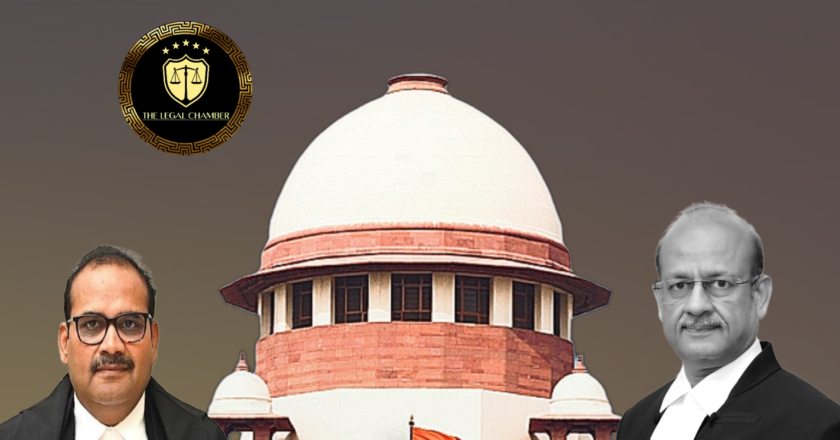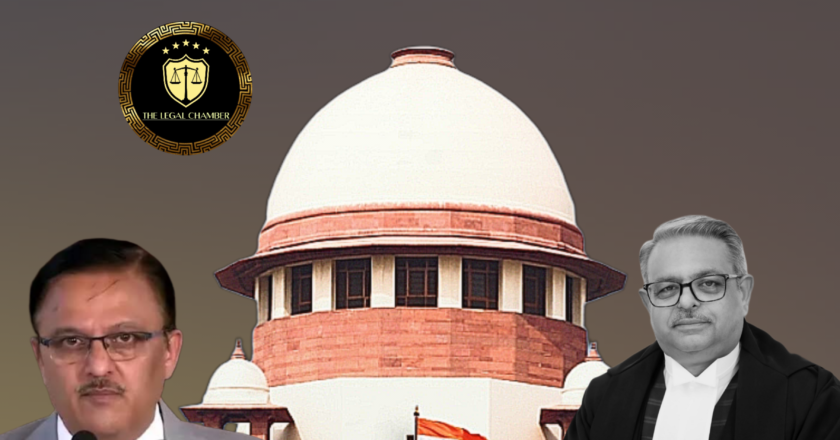Supreme Court Rules: Govt Can’t Cancel Ongoing Job Recruitments Midway
This Supreme Court judgment reiterates that executive instructions, such as a New Recruitment Policy, cannot override or supplant statutory rules or rules framed under Article 309 of the Constitution. A recruitment process, once commenced under specific statutory rules, cannot be altered midway by executive fiat, as doing so amounts to changing the rules of the game after it has begun and violates principles of fairness and legitimate expectation.
Facts Of The Case:
The State of Tripura initiated a recruitment process for the post of Enrolled Followers in the Tripura State Rifles, conducted strictly under the Tripura State Rifles Act, 1983 and its corresponding Rules. The process, involving advertisements, physical tests, written exams, and interviews, had advanced significantly, with pr...



